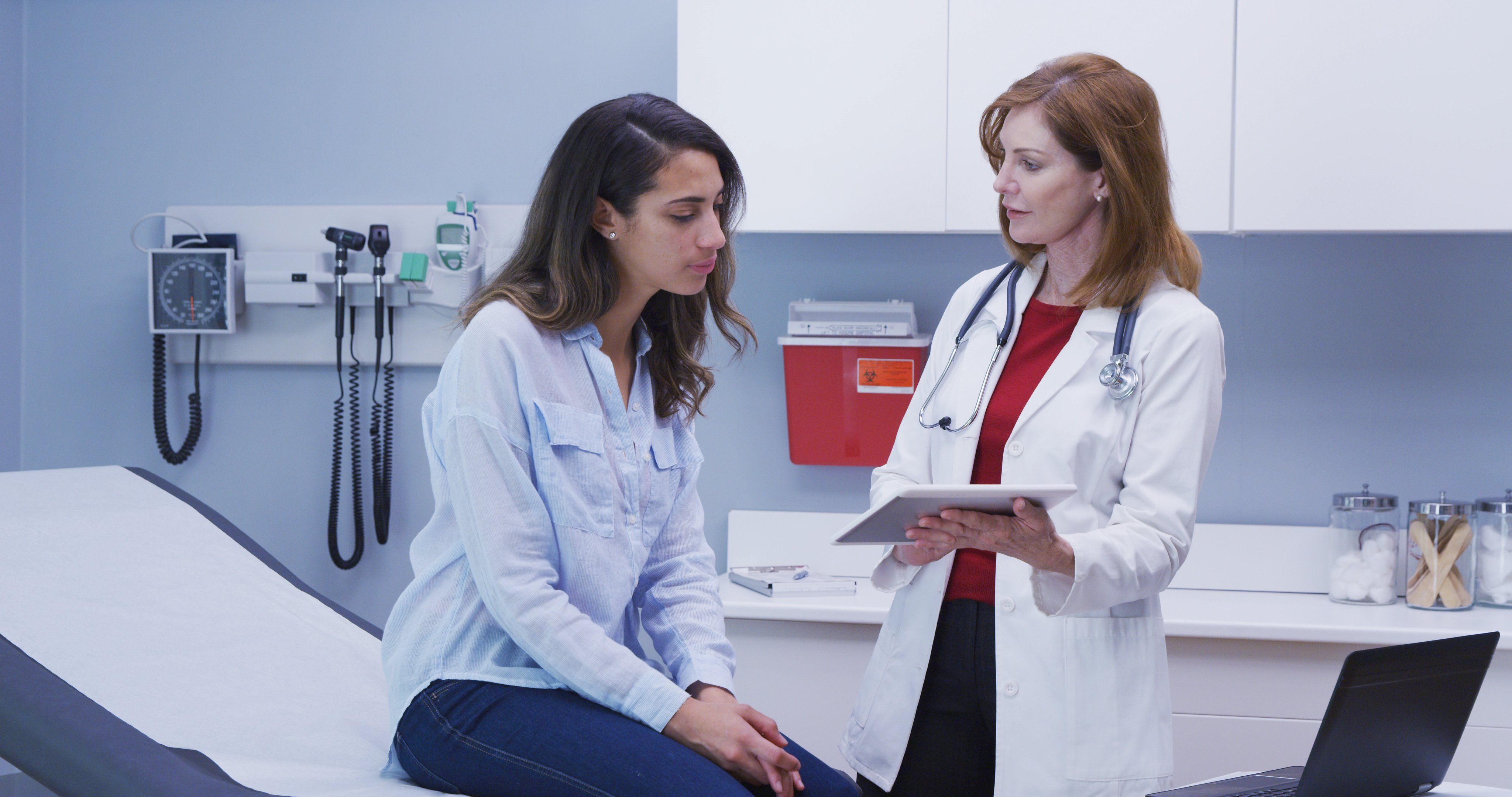The case for integrating patient perspectives into continuing medical education
A key aspect of medical education is understanding the perspective of the patient being treated.

Importance of including patient voices in CME
Physicians spend decades learning how to diagnose and treat disease. Continuing medical education (CME) is one of the major ways to ensure that our learning is solidified and extended over the course of our careers.
A key aspect of medical education is understanding the perspective of the patient being treated. This perspective is emphasized to varying degrees in different educational and practice settings, but in many cases the patient's experience gets limited attention amid the extensive discussions of pathophysiology and clinical management.
It is clear that patients' experiences are not always ideal, especially as the practice of medicine has evolved to include more administrative tasks that compete with the intellectual and humanistic work required for each patient. This problem has been exacerbated during the COVID-19 pandemic. A recent report from the Leapfrog Group found that patient experience scores declined during the first two years of COVID-19.
The Accreditation Council for Continuing Medical Education (ACCME) is aware of the importance of the patient's point of view in medical education, and they have recently begun to incorporate activities involving patient perspectives into their accreditation process. This initiative aligns with an overall mission of helping physicians provide the best possible care, including consideration of how patients experience their treatment as well as using high quality, evidence-based decision-making.
Thoughtful integration of patient perspectives
Incorporation of patient perspectives in decision support allows the same group of contributors and editors to ensure that the patient's voice is accompanied by clear and accurate medical information. Vignettes from actual patient experiences alongside evidence discussions makes sense for medical education and patient care.
Vignettes describing the experiences of individual patients provide an extra resource for physicians (and other clinicians) who wish to view treatment from the lens of the patient's experience. For patients who are grappling with chronic illnesses or new diagnoses, it can be comforting to know that their physicians have the resources to better understand what they’re going through and to hear their stories.
Providing the best care to every person
What helps physicians provide the best care? They generally know the appropriate evaluation, differential diagnosis, and therapeutic interventions CME helps them confirm that they have covered all the bases and are up on the latest evidence. Sometimes they are asked to help with questions that are outside of their specialty that impacts their care of the patient. Clinical decision support (CDS) tools are targeted to provide a point-of-care resource for clinicians as they navigate these demands within a narrow time window and in the midst of other administrative requirements to document and justify care.
Physicians understand the importance of the patient's point of view, both in communication and listening, as well as in shared decision making when there is equipoise in treatment decisions. CDS tools that include patient perspectives together with expert guidance and evidence review allow physicians to access these two types of information all in one place.
Providing CME credit to physicians who access patient perspectives along with decision support resources recognizes that their time is limited and that taking the time to review a patient's perspective has value. Having scientific evidence and patient experiences side by side in one resource helps physicians provide the best – and most comprehensive – care, for every patient, everywhere.
Jennifer S. Tirnauer, M.D., is a Senior Deputy Editor for Hematology and Genetics for UpToDate at Wolters Kluwer, Health. She is board-certified in hematology and previously ran a research lab in cell biology and molecular medicine.
Cognitive Biases in Healthcare
September 27th 2021Physicians Practice® spoke with Dr. Nada Elbuluk, practicing dermatologist and director of clinical impact at VisualDx, about how cognitive biases present themselves in care strategies and how the industry can begin to work to overcome these biases.